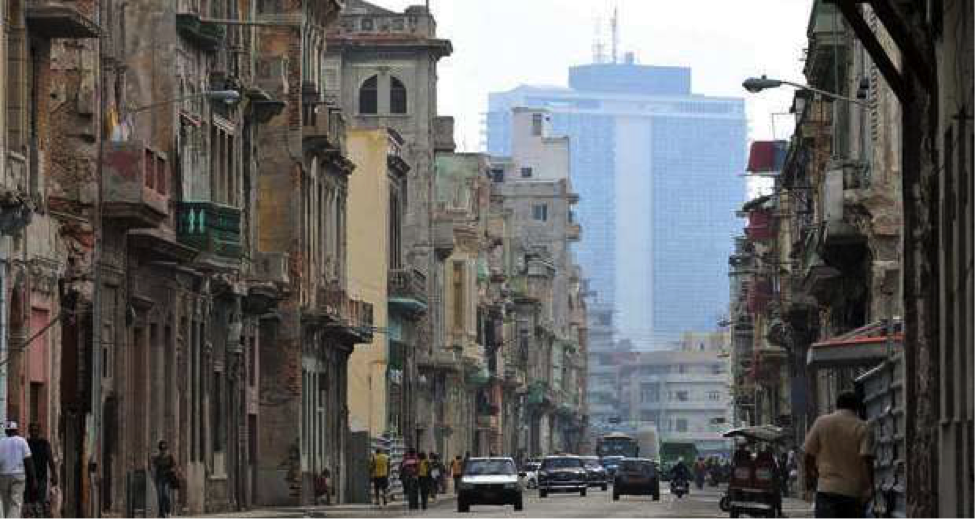For Spring 2016
SPANISH 129: The Latin American City

Professor Salvador Velazco (CMC)
Tuesdays and Thursdays, 1:15-2:30 p.m.
Kravis 161 (CMC)
This course explores the evolution of cities in Latin America from the pre-Colombian cities in the Andes and Mesoamerica to present day megacities such as Mexico City, São Paulo and Buenos Aires. What is a city? What does the city mean? In cinema, arts, literature, architecture, history, anthropology, and music, we discover Latin American cities as sites of creativity, production and circulation of contested meanings. This course aims to study the complexity, diversity, and richness of past and present urban experiences in Latin America from a cultural studies perspective.
The Cuban author Wendy Guerra will visit the class to talk about La Habana.
For Fall 2015
CM SPAN 158: Revolutions and Revolutionary Thinking in Latin America
Prof. Lee Skinner ([email protected])
MW 1:15-2:30
The Wars of Independence. The Mexican Revolution. Cuba. Nicaragua. Chile. Venezuela. Bolivia. El Salvador. Spanish America’s culture and history have been marked by periods of violent upheaval and political tumult.
How do people understand, communicate, and make sense of violent conflict, social transformation, and cultural change? This class looks at literary texts and non-fiction essays, as well as music, visual art and film, to study some of the key moments of revolutions and revolutionary thinking in Latin America from 1810 to the present. We’ll discuss civil war, armed insurrection, social movements, youth protests, and more, and analyze the ways in which cultural texts of all kinds represent revolution and social change. We’ll critically examine the roles of different socioeconomic classes, gender, race and ethnicity in these processes.
This is a seminar-style class designed for upper- level students with strong reading skills in Spanish.
Requirements:
- 100-200 pages of reading per week, mostly in Spanish (novels, short stories, essays, and poetry), with some contextual materials in English
- Active class participation and frequent brief homework assignments
- A web-based project using the wiki feature in Sakai
- Two short papers (4-5 pp)
- One long research paper (12-15 pp) /final project (creative option possible)
- Midterm and final exams
Revised Course: SPANISH 102 (FALL 2015)
Title: INTRODUCTION TO LATIN AMERICAN CULTURAL STUDIES
Catalog Description:
The rubric of cultural studies has created stimulating approaches that go beyond canonical texts in literature or history in order to study society at large. The main area of inquiry of Latin American cultural studies is the symbolic production and cultural and social phenomena in present-day Latin America, from art and literature, to sports and media, music, television, and cultural and social institutions. This course will introduce students to the main theoretical, methodological, and themes of contemporary Latin American cultural studies as well as its foremost practitioners (Néstor García Canclini, Jean Franco, Jesús Martin-Barbero, Carlos Monsiváis, Beatriz Sarlo, among others).
